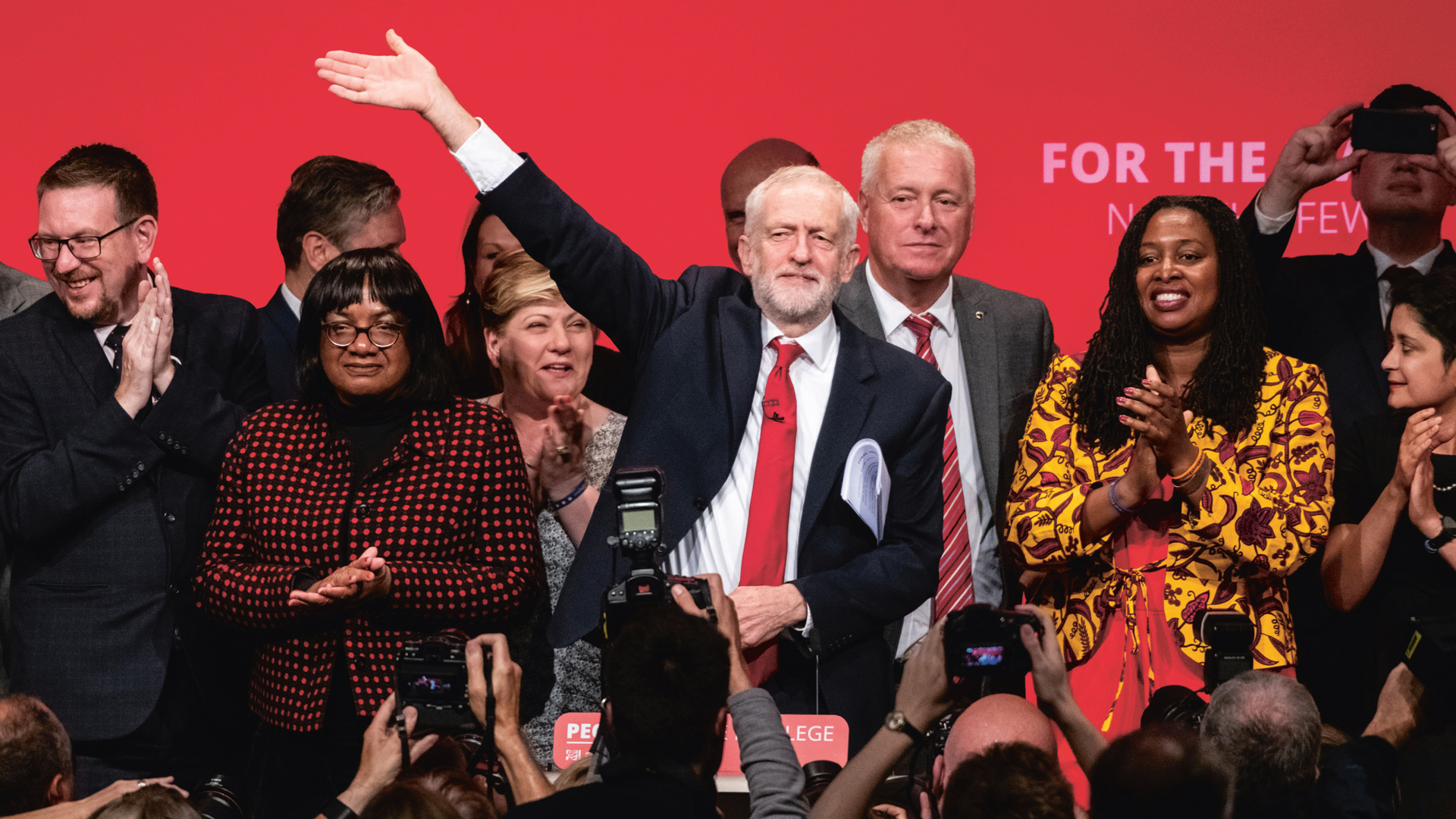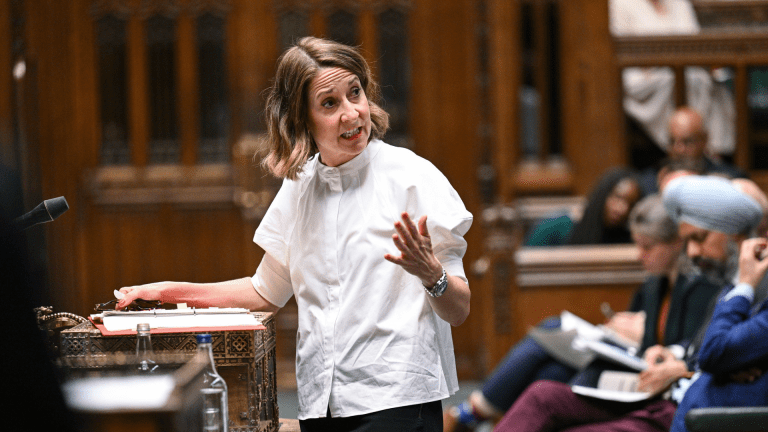There is a crisis engulfing Westminster, and to find it you need to head to the cleaner’s store cupboard at 102 Petty France, just behind the recycling bins. It’s from here that Fatima Djalo – a 55- year-old woman from Guinea-Bissau who has been working at the heart of government for six years – grabs the equipment she needs to sweep the floors and scrub the toilets at Britain’s Ministry of Justice. It’s from here too that, with the help of colleagues, she has plotted and led an extraordinary strike wave to demand a living wage for her work.
Fatima’s cupboard lies within half a mile of Parliament, Downing Street and the Supreme Court. The story it tells is directly related to the chaos currently ripping through those rarefied institutions, though it rarely features in the media. Our newspapers and TV are brimming with minute-by-minute updates on Westminster drama and intrigue – legal challenges, meltdowns in the Commons, factional manoeuvring – but rarely is there any analysis of what’s underlying all the turmoil; in this feverish moment, reporting is largely confined to symptoms, not causes.
In Brighton, Labour started to sketch out the shape of that future Britain
The reality is traditional politics in Britain has been imploding for more than a decade, ever since the economic consensus that has structured our lives for 40 years was devastated by the financial crash. In recent years homelessness has proliferated, household debt has soared, young people have been forced to confront a future devastated by financial insecurity and climate catastrophe, and in-work poverty has become the norm: more than four million children now live below the breadline, and 70 per cent of them are in households where at least one parent has a job.
These developments initially seemed to make little impact on the House of Commons, but politics – when understood as an ongoing, contested struggle by individuals and communities across the country, rather than as an elite spectator sport – was transforming people’s lives, and in turn people like Fatima have been finding new ways to transform politics for themselves. Yet the connections between institutional pandemonium at the top and these critical developments below are almost never illuminated by the press.
It’s in that context that this year’s Labour conference has played out, generating wall-to-wall coverage of party splits and Brexit divisions – but not of the remedies being put forward to tackle the deeper crisis underlying them. Both the EU referendum vote and the infighting that has dominated Labour since Jeremy Corbyn’s ascendancy to the leadership are the consequence of a more fundamental set of antagonisms regarding the breakdown of an old, technocratic consensus and a fierce battle over what sort of Britain should be built from its ruins. In Brighton, Labour started to sketch out the shape of that future Britain, a country that looks very different from the ones being proposed by either the pro-market centrists of the Liberal Democrats or the hard-right ideologues who have seized control of the Conservative Party and are seeking a new era of Thatcherite competition alongside the bolstering of ethnocultural borders.
You may agree, or not, with Labour’s policy proposals, the most ambitious of which have flowed up democratically from the party’s vibrant membership, including a Green New Deal that will decarbonise the economy by 2030, and a major hike in the minimum wage accompanied by a shift towards a four-day working week so that workers as well as owners benefit from the productivity gains promised by automation. But these foundational arguments are surely more worthy of interrogation and debate than infighting over Tom Watson and the other relatively trivial squabbles they produce. “We can go beyond defending the gains made by previous generations,” declared Corbyn in the peroration of his conference speech, positioning Labour as a force for something more radical than 20th century social democracy. “It’s time we started building a country fit for the next generation.”










